Home>Renovation & DIY>Home Renovation Guides>Which Home Improvement Is Least Likely To Increase The Value Of Your Home
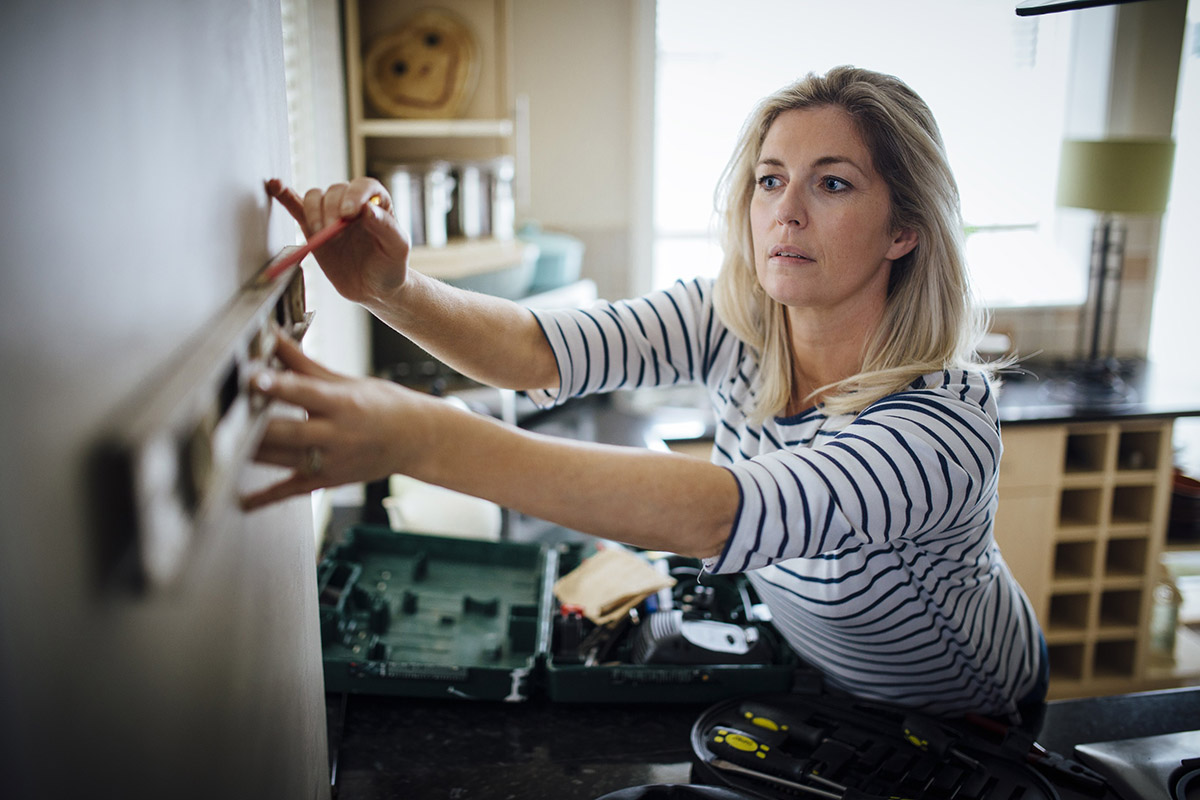

Home Renovation Guides
Which Home Improvement Is Least Likely To Increase The Value Of Your Home
Published: December 22, 2023
Discover which home improvement projects are least likely to increase the value of your home with our comprehensive home renovation guides. Find out what to avoid to make the most of your investment.
(Many of the links in this article redirect to a specific reviewed product. Your purchase of these products through affiliate links helps to generate commission for Storables.com, at no extra cost. Learn more)
Introduction
So, you've decided to take on some home improvement projects. Whether it's to enhance your living space, increase your property's value, or simply indulge your inner DIY enthusiast, renovating your home can be an exciting endeavor. However, not all home improvements are created equal, especially when it comes to their impact on the value of your home. While some renovations can significantly boost your property's worth, others may not yield the desired return on investment.
Before diving into a whirlwind of construction and design choices, it's essential to understand which home improvements are least likely to increase the value of your home. By gaining insight into these less lucrative projects, you can make informed decisions about where to allocate your time, effort, and resources.
In this guide, we'll explore several home improvement endeavors that may not provide a substantial return on investment. From landscaping to overpersonalized renovations, we'll delve into the details of each potential pitfall, shedding light on why these projects might not be the best choice for maximizing your home's value. So, grab your tool belt and get ready to navigate the complex world of home improvements with a discerning eye.
Key Takeaways:
- Not all home improvements increase property value. Landscaping, swimming pools, high-end upgrades, and overpersonalized renovations may not yield a significant return on investment.
- Consider the potential impact on resale value before investing in home improvements. Balance personal enjoyment with market appeal to maximize the value of your property.
Landscaping
When it comes to enhancing the curb appeal of your home, landscaping often takes center stage. While a well-maintained and thoughtfully designed outdoor space can undoubtedly elevate the overall aesthetic of your property, the return on investment for extensive landscaping projects may not be as impressive as you’d hope.
One common misconception is that elaborate and intricate landscaping will substantially increase a home’s value. However, the reality is that landscaping preferences vary widely among potential buyers, making it challenging to predict whether your meticulously manicured garden or ornate hardscaping will resonate with a future homeowner.
Moreover, landscaping can be a high-maintenance feature, potentially deterring some buyers who prefer a low-maintenance outdoor space. The ongoing upkeep and potential costs associated with maintaining intricate landscaping elements might not align with every buyer’s preferences, diminishing the perceived value of these enhancements.
That’s not to say that all landscaping efforts are in vain. Simple, well-executed landscaping that enhances the overall appearance of your property without being too extravagant can still have a positive impact. Focus on clean, tidy lawns, well-maintained shrubbery, and perhaps a few tasteful, low-maintenance plantings to create a welcoming and visually appealing outdoor space without overinvesting in features that may not yield a significant return.
Ultimately, while landscaping can certainly contribute to the overall allure of your home, it’s important to approach it with a discerning eye and a realistic understanding of its potential impact on the property’s value.
Swimming Pool
Picture this: a scorching summer day, the sun beating down, and the enticing shimmer of a swimming pool in your backyard. It’s a dream for many homeowners, conjuring images of leisurely afternoons and fun-filled gatherings. However, when it comes to the impact on your home’s value, installing a swimming pool may not make the splash you’d expect.
While a swimming pool can undoubtedly provide enjoyment and relaxation for you and your family, it’s essential to consider the broader implications, particularly in terms of resale value. The reality is that swimming pools can be a polarizing feature for potential buyers. While some may view it as a luxurious and desirable addition, others might see it as a maintenance headache, a safety concern, or an unnecessary expense.
From a financial standpoint, the cost of installing and maintaining a swimming pool can be substantial. The initial investment, ongoing maintenance, and potential increase in insurance premiums all factor into the overall financial burden. When it comes to resale, the perceived value of a swimming pool may not align with the actual costs involved, potentially leading to a lower return on investment than anticipated.
Additionally, in regions with cooler climates or shorter summers, the seasonal utility of a swimming pool may be limited, further diminishing its appeal to potential buyers. This can significantly impact the pool’s perceived value and its potential to sway a buyer’s decision.
It’s important to weigh the personal enjoyment you’ll derive from a swimming pool against the potential impact on your home’s value. If you’re committed to the idea of a pool and plan to stay in your home long-term, its recreational benefits may outweigh the potential resale considerations. However, if you’re primarily focused on maximizing your home’s value, it’s crucial to approach the decision to install a swimming pool with a clear understanding of its potential impact.
Adding a swimming pool is least likely to increase the value of your home. It can be expensive to install and maintain, and not all potential buyers may want the added responsibility.
High-End Upgrades
When it comes to home improvements, the allure of high-end upgrades can be undeniable. From luxurious kitchen remodels to opulent bathroom renovations, the promise of upscale, top-of-the-line features can be tantalizing. However, while these high-end upgrades may add a touch of luxury to your living space, they may not always translate to a significant increase in your home’s value.
One of the key considerations when contemplating high-end upgrades is the potential over-improvement of your home. Over-improvement occurs when the cost and quality of upgrades exceed the prevailing market standards for your neighborhood. In such cases, the return on investment for these high-end features may be limited, as potential buyers may not be willing to pay a premium for amenities that significantly surpass the norm for the area.
Furthermore, the personalization inherent in high-end upgrades can also pose a challenge when it comes to resale value. While your specific design choices and premium features may align perfectly with your preferences and lifestyle, they may not resonate as strongly with prospective buyers. This can make it more difficult to recoup the substantial investment made in these upscale renovations.
It’s essential to approach high-end upgrades with a discerning eye, considering not only your immediate enjoyment of these features but also their potential impact on your home’s resale value. While they may elevate your living experience, their ability to command a premium on the real estate market can be uncertain.
Instead of solely focusing on high-end upgrades, consider striking a balance between quality, functionality, and market appeal. Opt for upgrades that enhance the overall livability and aesthetic appeal of your home without venturing into the realm of excessive luxury that may not align with the expectations of potential buyers.
Ultimately, while high-end upgrades can undoubtedly elevate the luxury and comfort of your home, their impact on its value should be carefully weighed against the potential return on investment.
Overpersonalized Renovations
Renovating your home offers an opportunity to infuse your personal style and preferences into the space, creating a living environment that reflects your unique tastes. However, it’s crucial to strike a balance between personalization and market appeal, as overpersonalized renovations can potentially detract from your home’s resale value.
One common pitfall of overpersonalized renovations is the risk of alienating potential buyers who may not share your specific design choices and preferences. This can be particularly evident in bold color schemes, unconventional layouts, or niche features that cater to a very specific taste. While these elements may resonate with you, they may limit the pool of prospective buyers who can envision themselves in the space, potentially impacting the property’s marketability and perceived value.
Additionally, overpersonalized renovations can pose challenges in terms of cost and effort to revert the space to a more neutral or universally appealing state. This potential barrier to customization may deter some buyers, impacting the overall desirability and, consequently, the value of the home.
It’s important to approach renovations with a keen awareness of their potential impact on the property’s market appeal. While personalization can enhance your enjoyment of the space, it’s advisable to consider the broader market preferences and trends, especially if maximizing resale value is a priority.
When undertaking renovations, aim for a balance between personalization and broad appeal. Opt for design choices and features that can be easily adapted to suit a variety of preferences, allowing potential buyers to envision the space as their own. This approach can help mitigate the risk of overpersonalization and enhance the property’s marketability.
Ultimately, while infusing your personal style into your home is a rewarding aspect of renovation, being mindful of its potential impact on resale value can help ensure that your home remains appealing to a wide range of prospective buyers.
Conclusion
Embarking on home improvement projects is an exciting endeavor that allows you to enhance your living space, tailor it to your preferences, and potentially increase its value. However, not all renovations are created equal when it comes to their impact on the resale value of your home. Understanding which home improvements are least likely to yield a significant return on investment is crucial for making informed decisions and maximizing the potential value of your property.
Landscaping, often considered a fundamental aspect of curb appeal, can be a double-edged sword in terms of its impact on home value. While tasteful and well-maintained landscaping can enhance the overall aesthetic, extravagant or high-maintenance features may not align with the preferences of potential buyers, potentially diminishing their perceived value.
Swimming pools, while offering recreational enjoyment, can be a polarizing feature that may not significantly increase a home’s value. The substantial costs involved in installation and maintenance, coupled with limited seasonal utility in certain climates, can impact the pool’s appeal to potential buyers and its potential return on investment.
High-end upgrades, while appealing for their luxury and comfort, may not always translate to a substantial increase in a home’s value. Over-improvement and the potential mismatch between personal design choices and market preferences can limit the return on investment for these upscale renovations.
Overpersonalized renovations, reflecting highly specific design choices and preferences, can potentially limit a home’s market appeal and impact its resale value. Striking a balance between personalization and broad market appeal is essential to ensure that renovations enhance both your enjoyment of the space and its desirability to potential buyers.
By being mindful of the potential impact of these less lucrative home improvements, you can make informed decisions about where to allocate your resources and efforts. While personal enjoyment and comfort are undoubtedly important, considering the broader market appeal and potential return on investment can help you navigate the complex landscape of home improvements with a strategic and discerning approach.
Ultimately, by understanding which home improvements are least likely to increase the value of your home, you can make informed decisions that align with your goals, preferences, and the potential resale value of your property.
Frequently Asked Questions about Which Home Improvement Is Least Likely To Increase The Value Of Your Home
Was this page helpful?
At Storables.com, we guarantee accurate and reliable information. Our content, validated by Expert Board Contributors, is crafted following stringent Editorial Policies. We're committed to providing you with well-researched, expert-backed insights for all your informational needs.
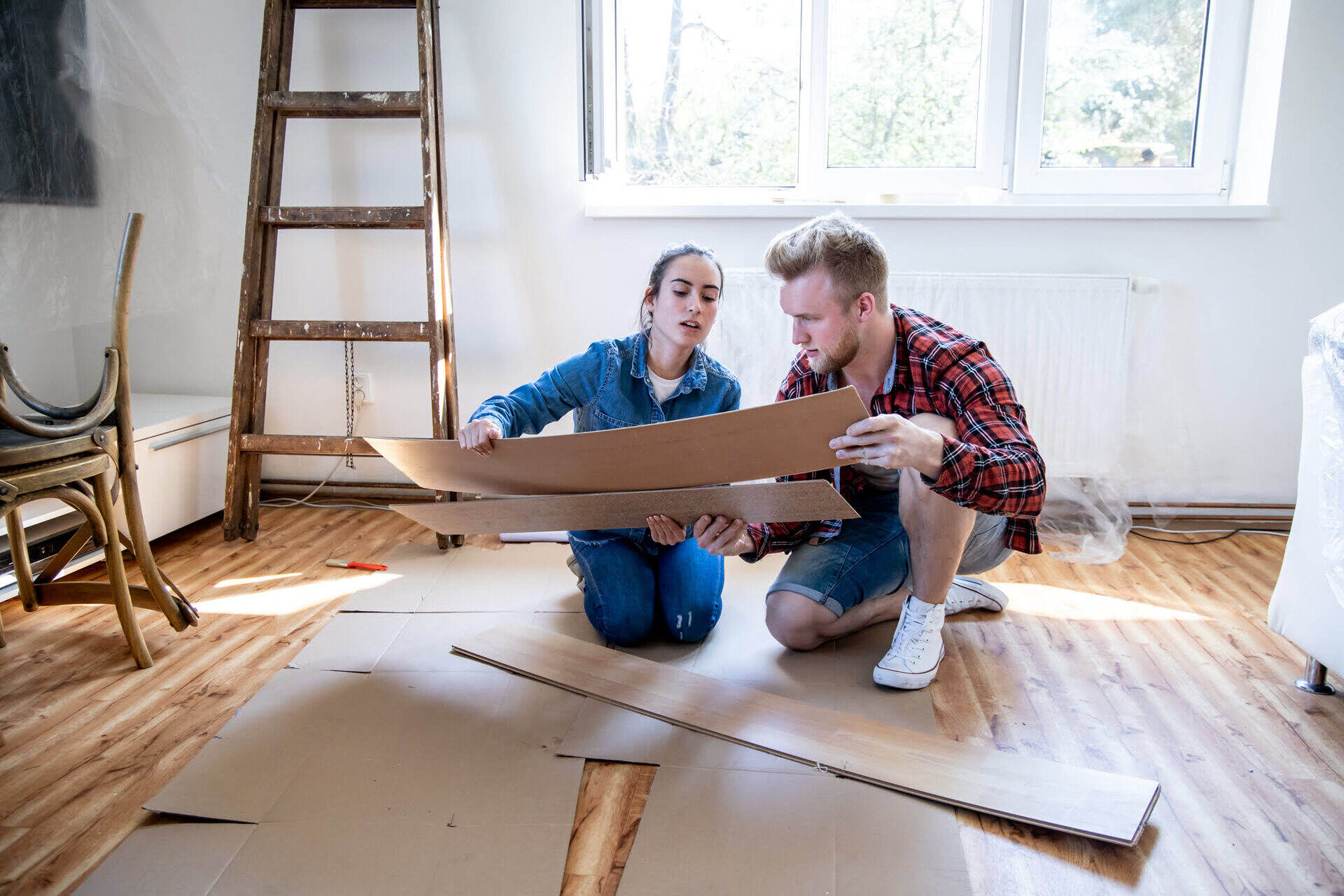
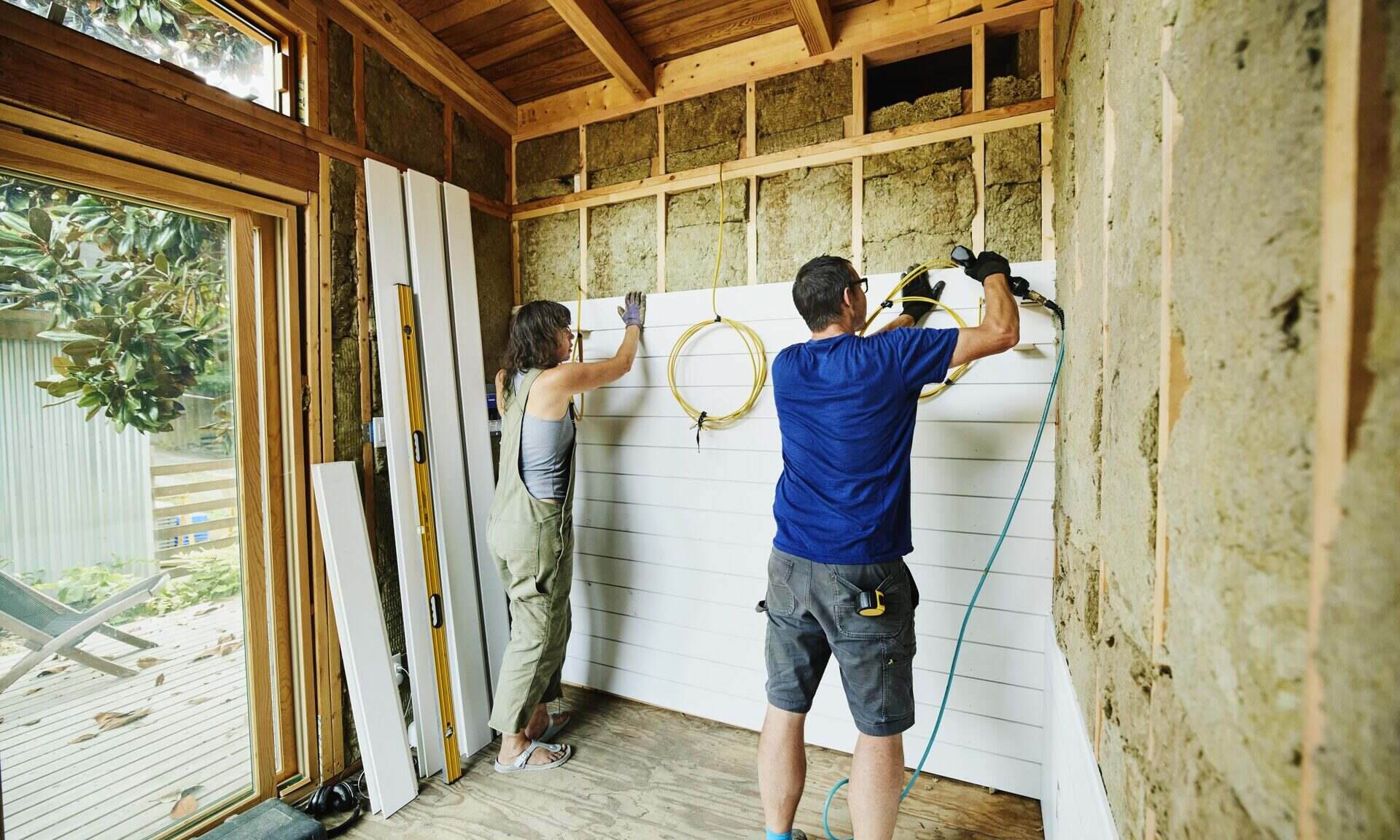
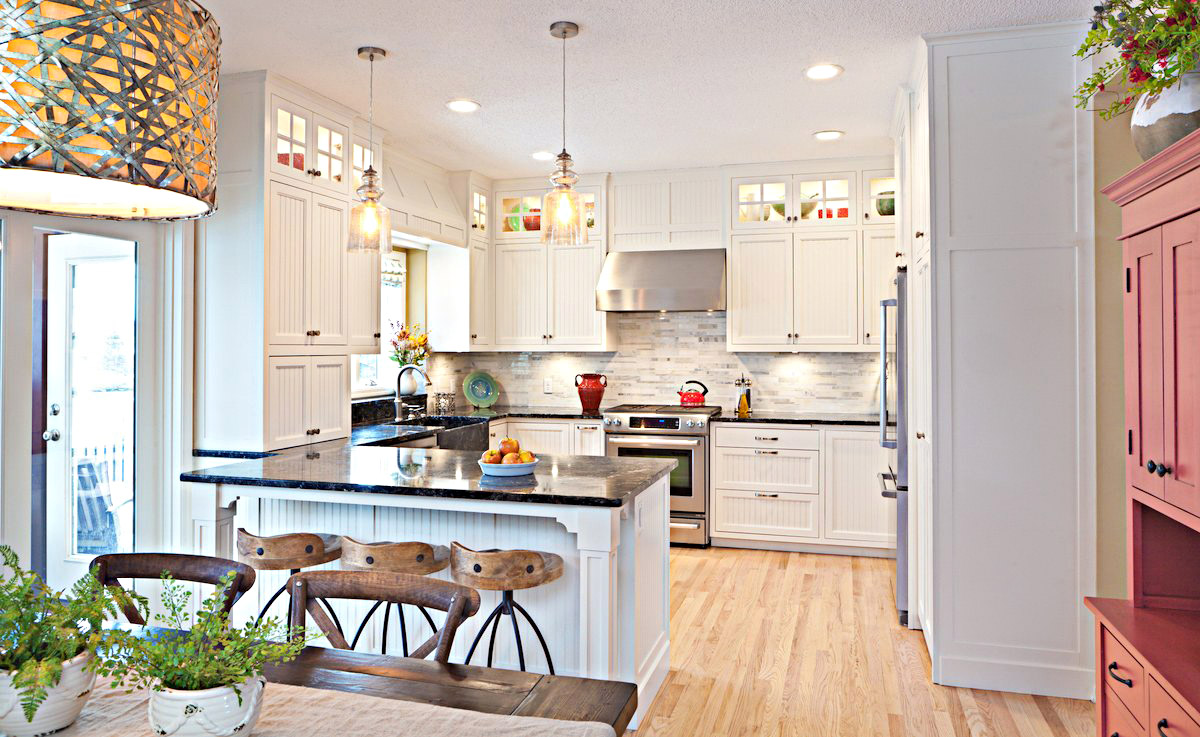
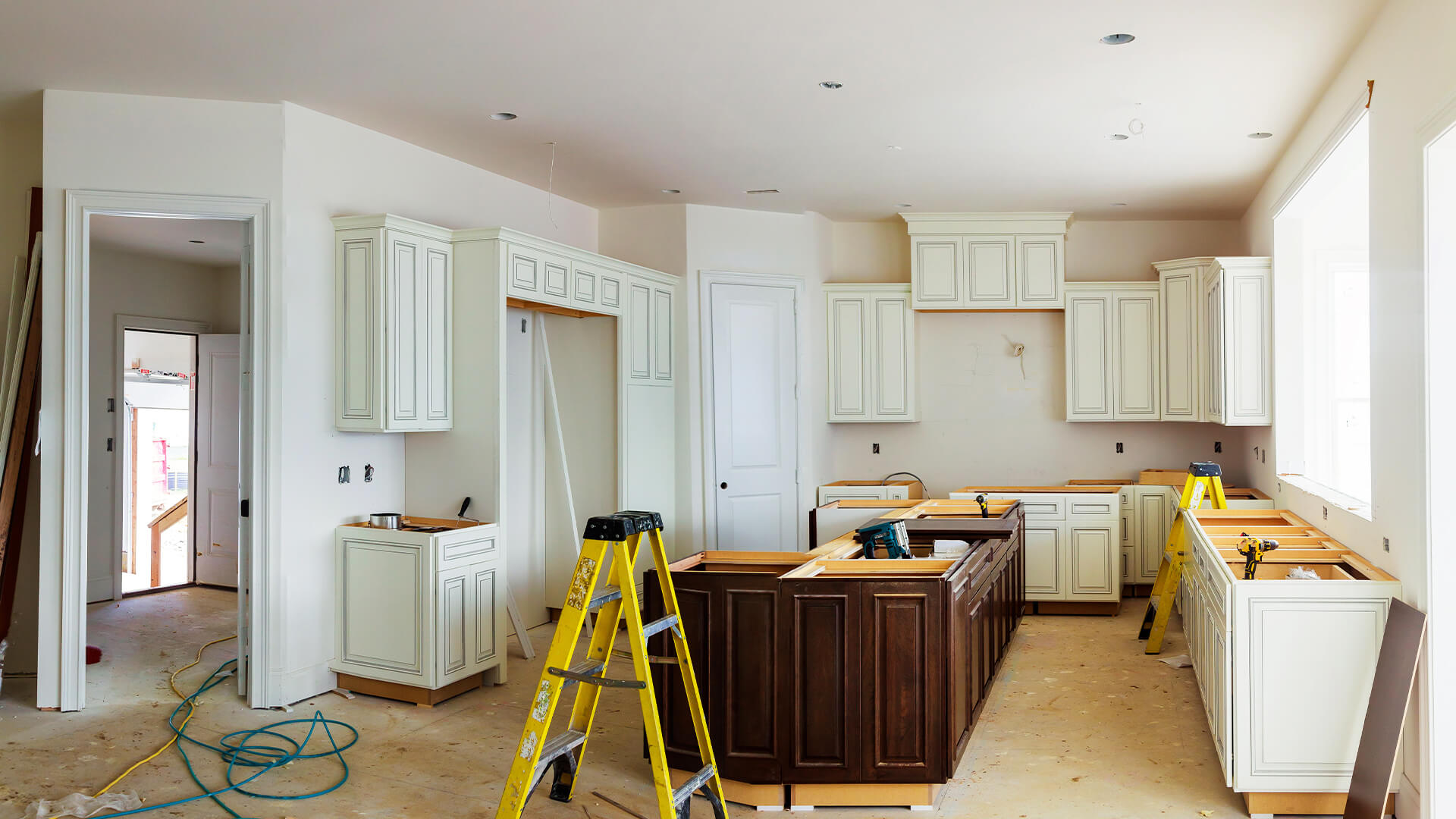
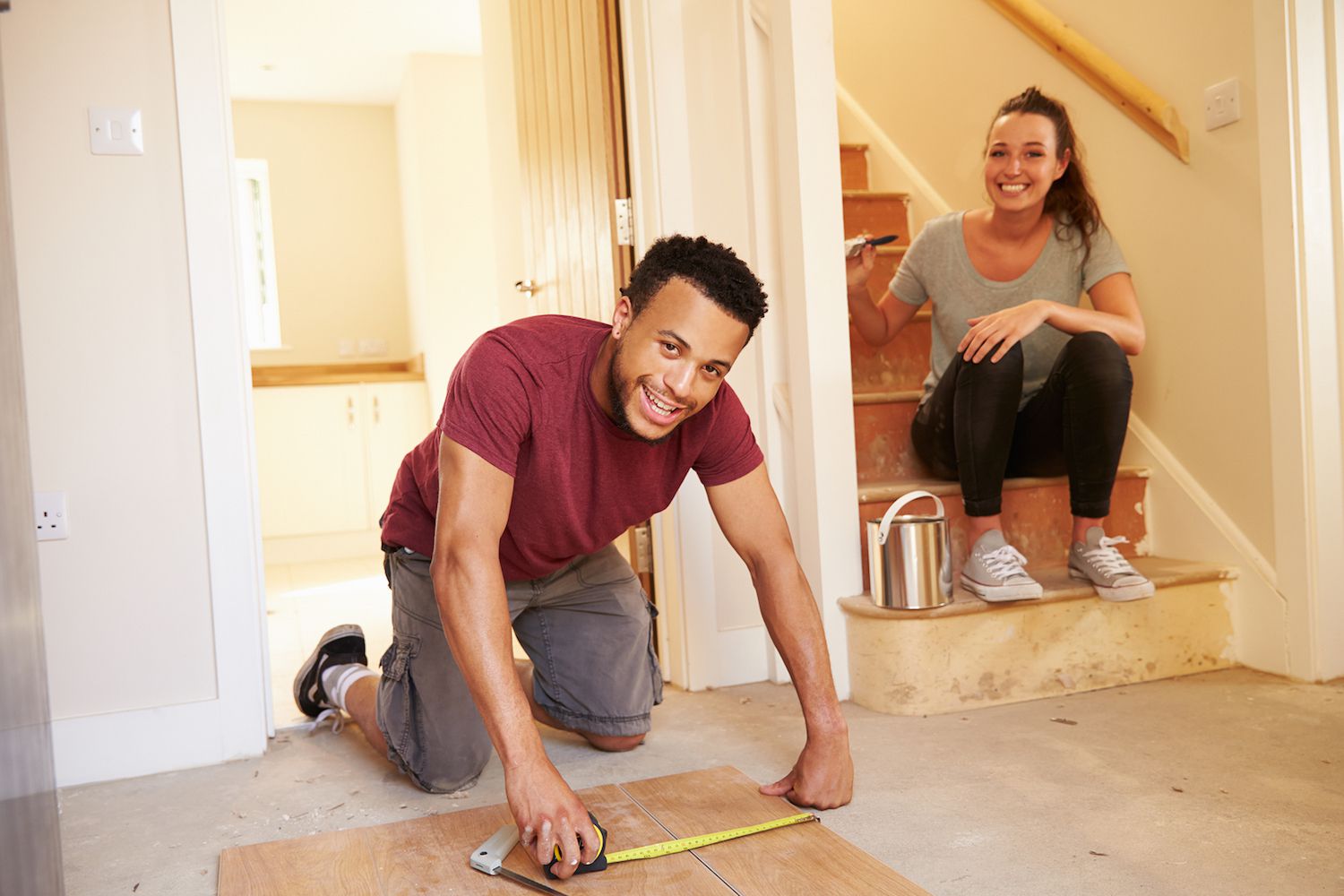
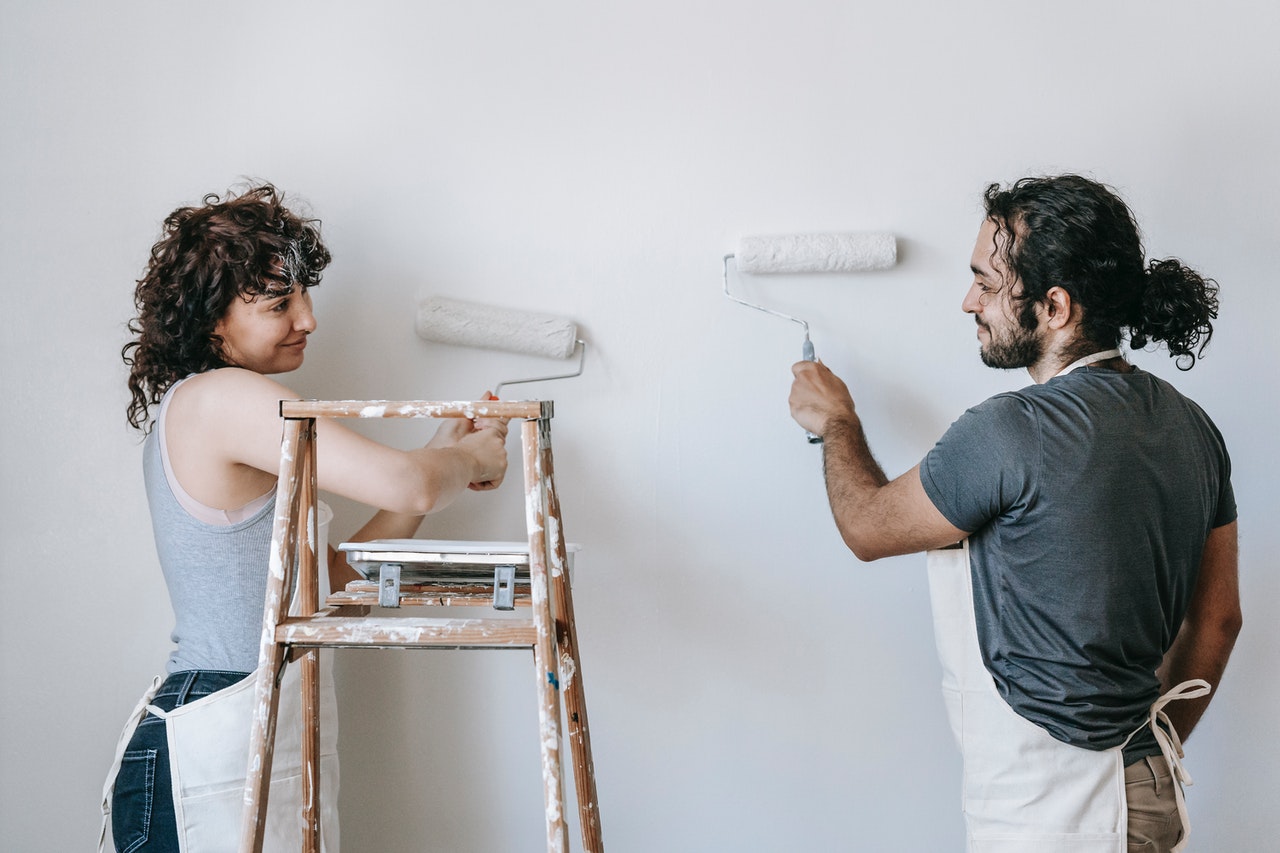
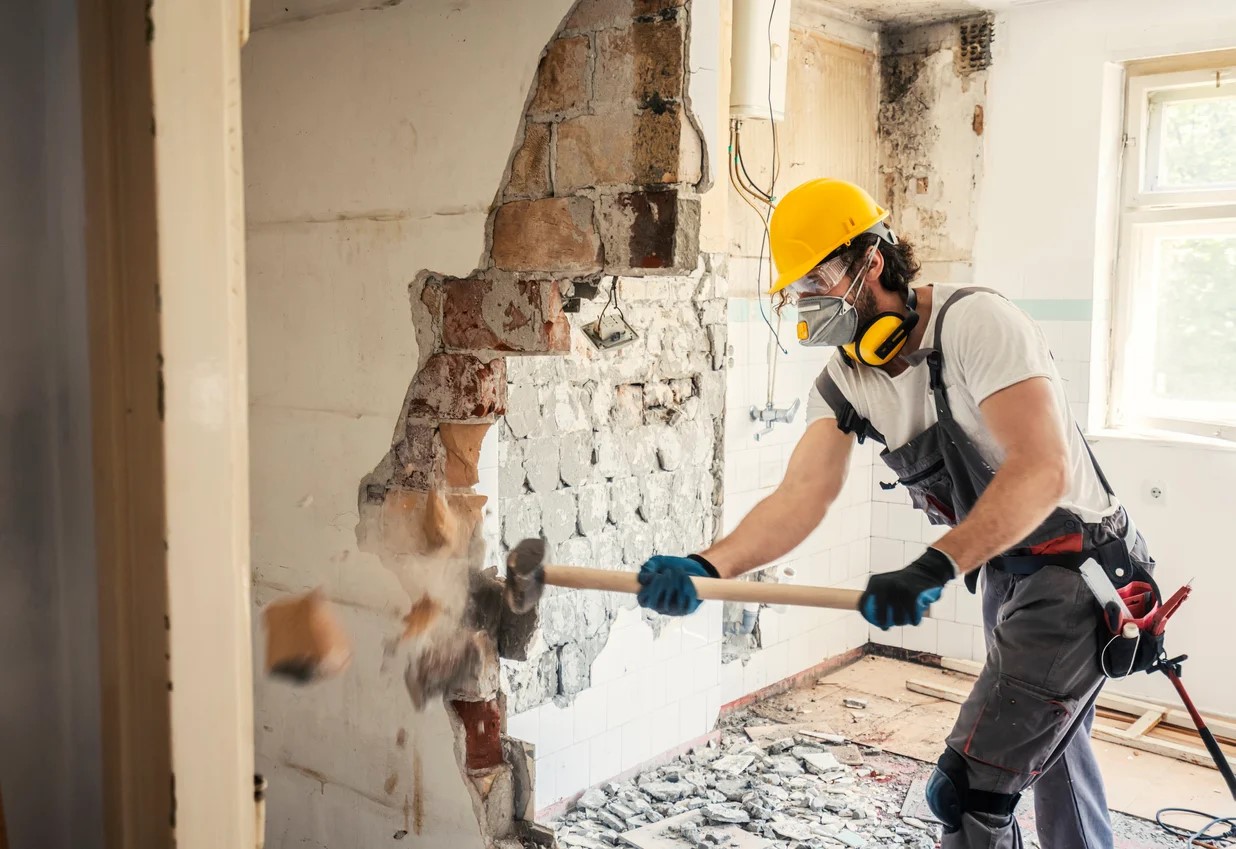
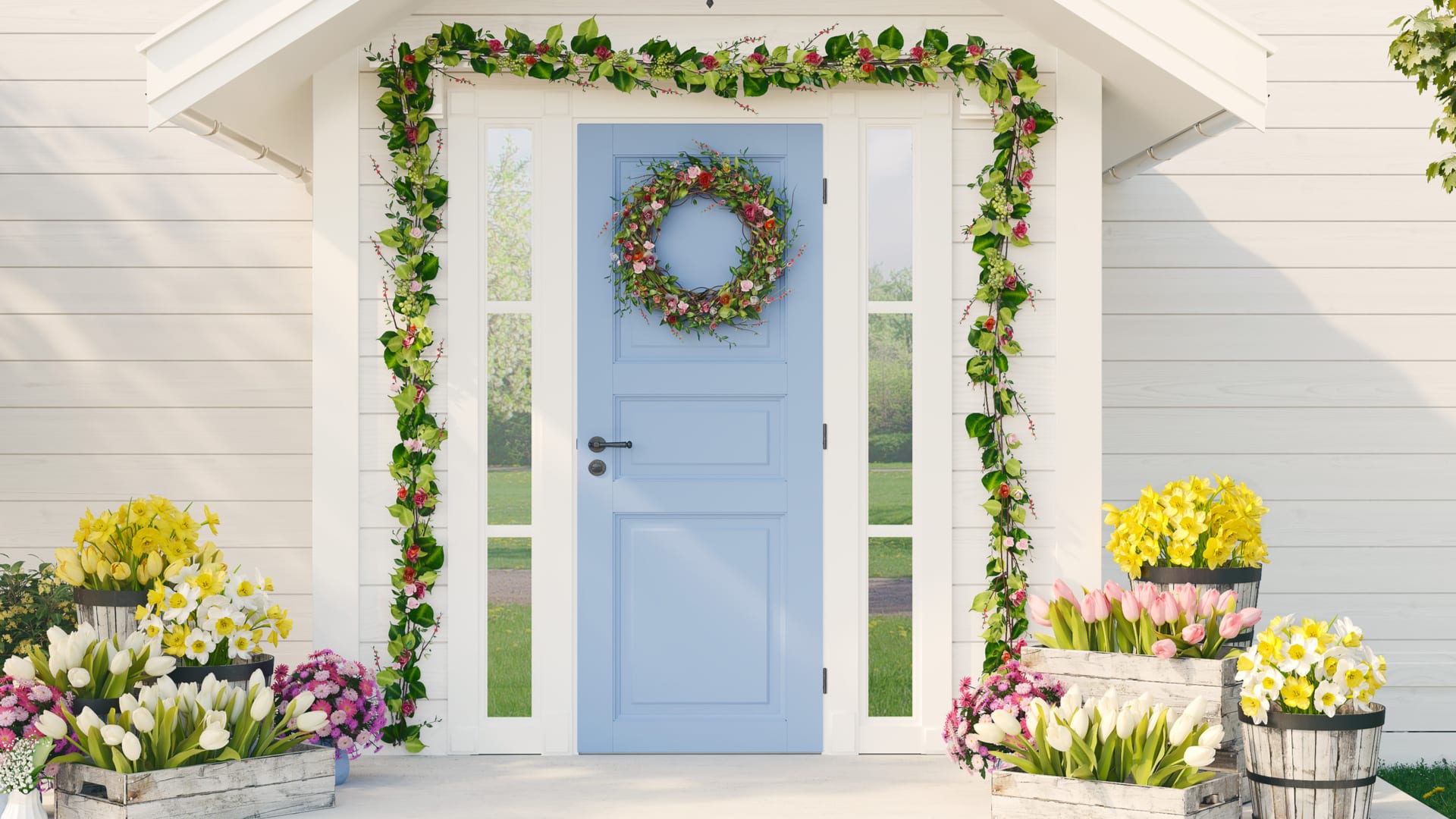
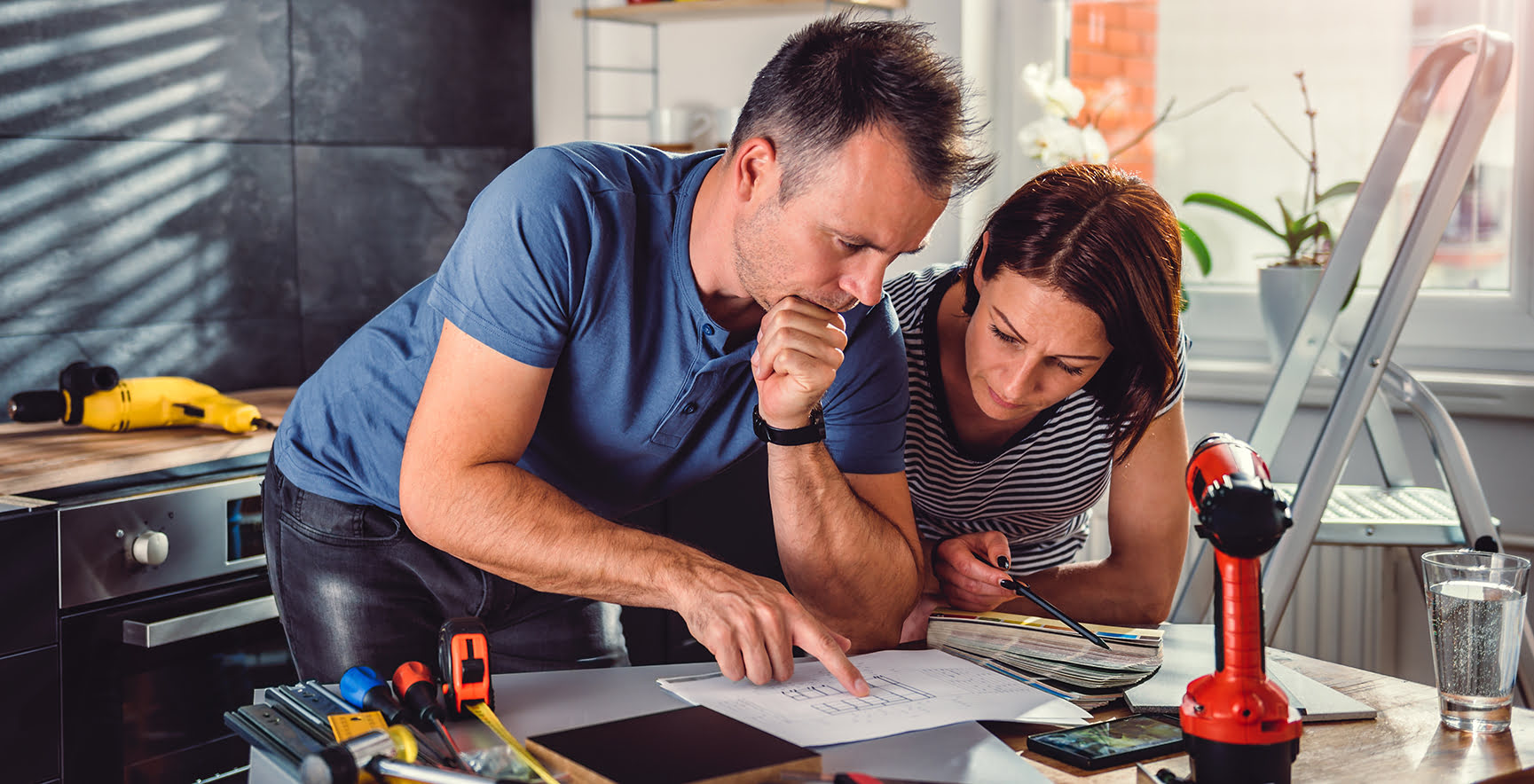
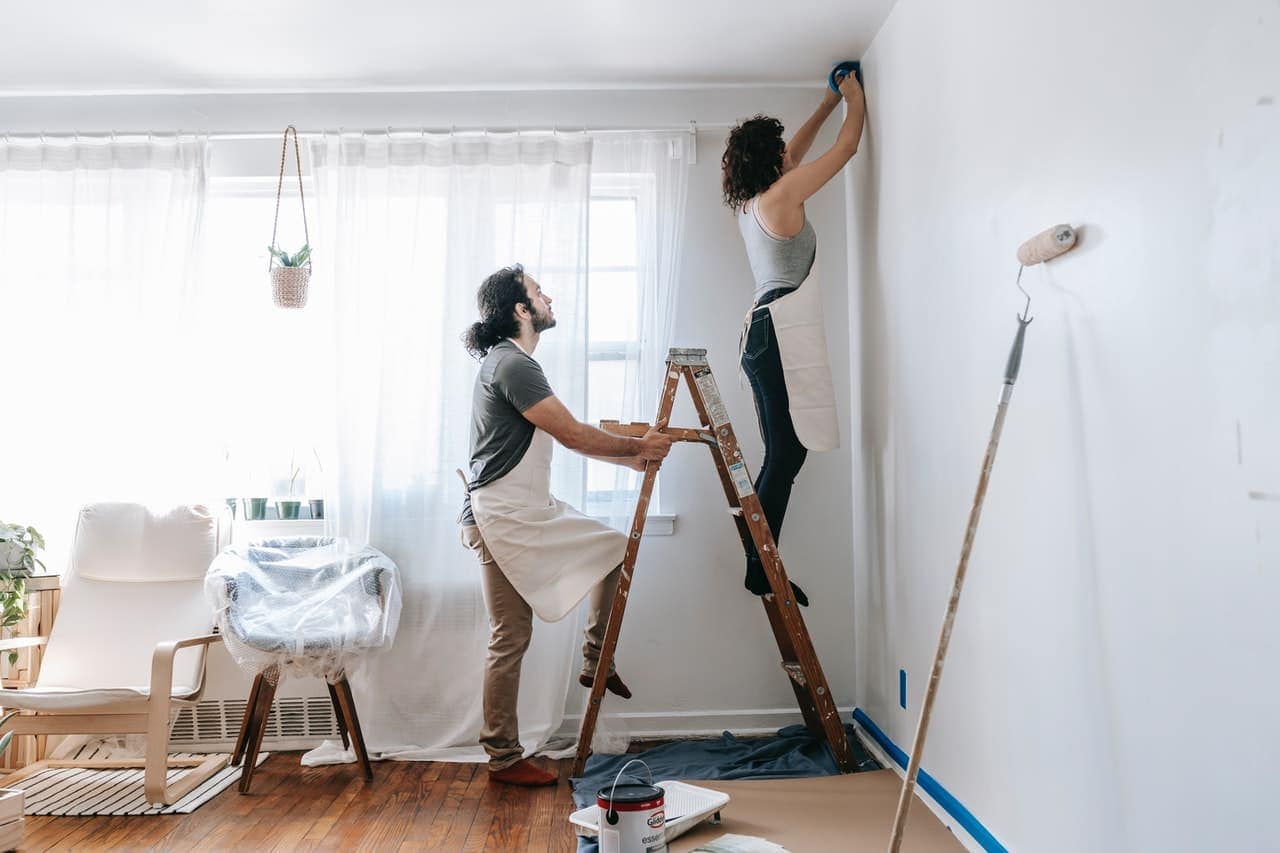

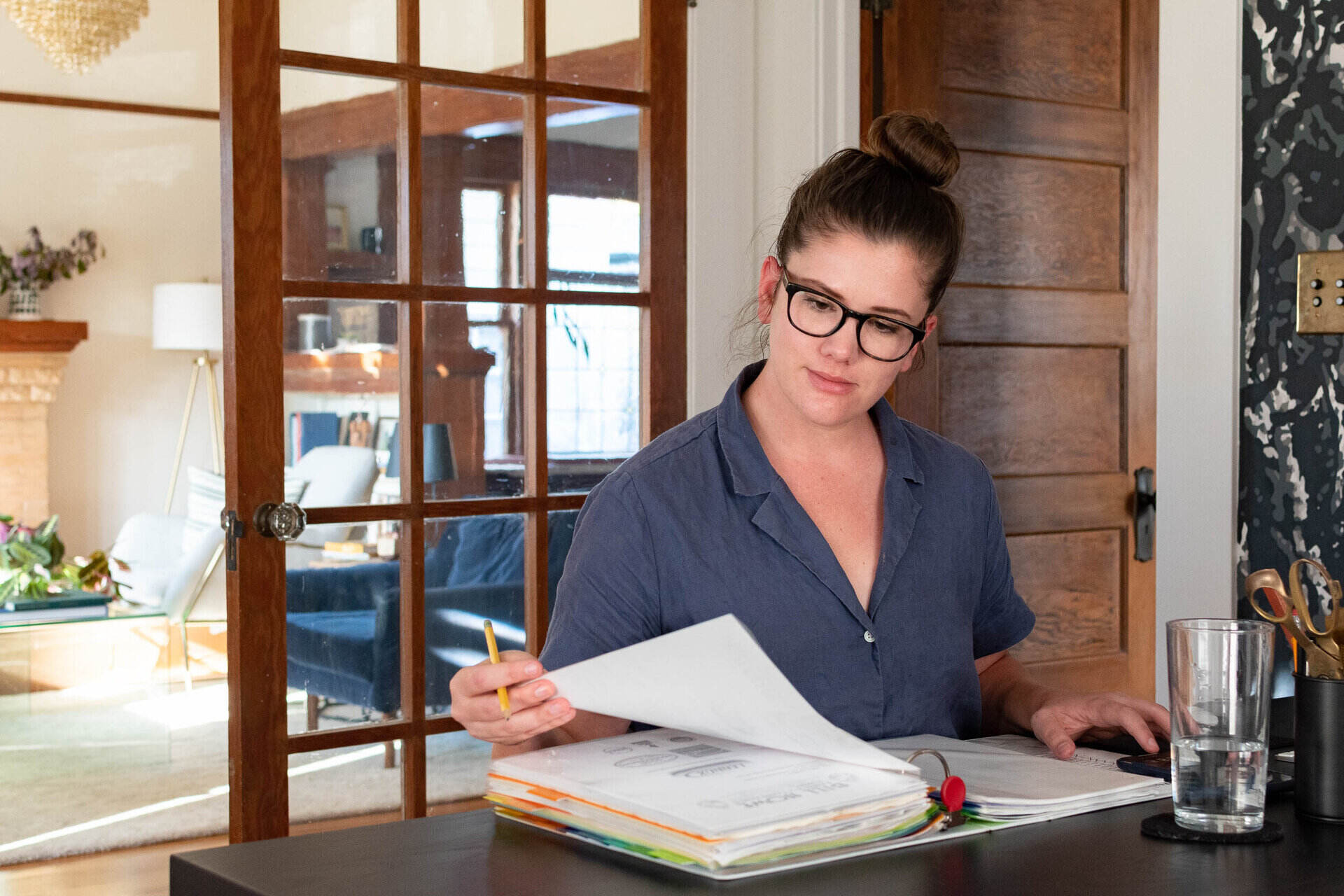
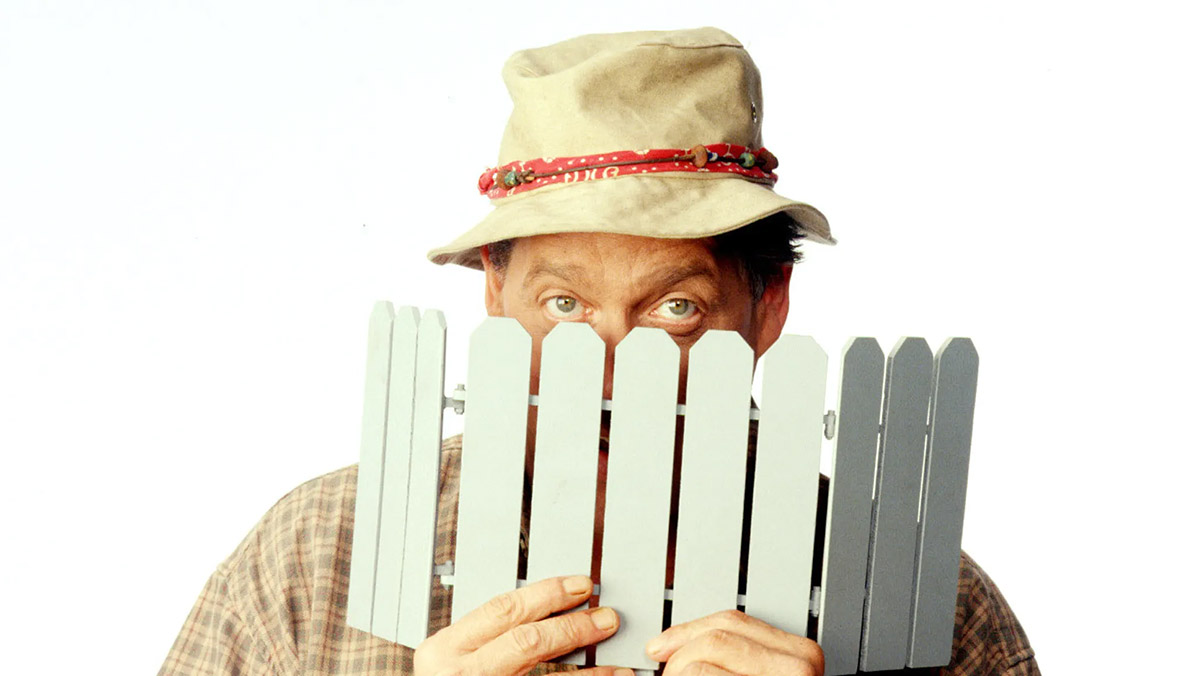
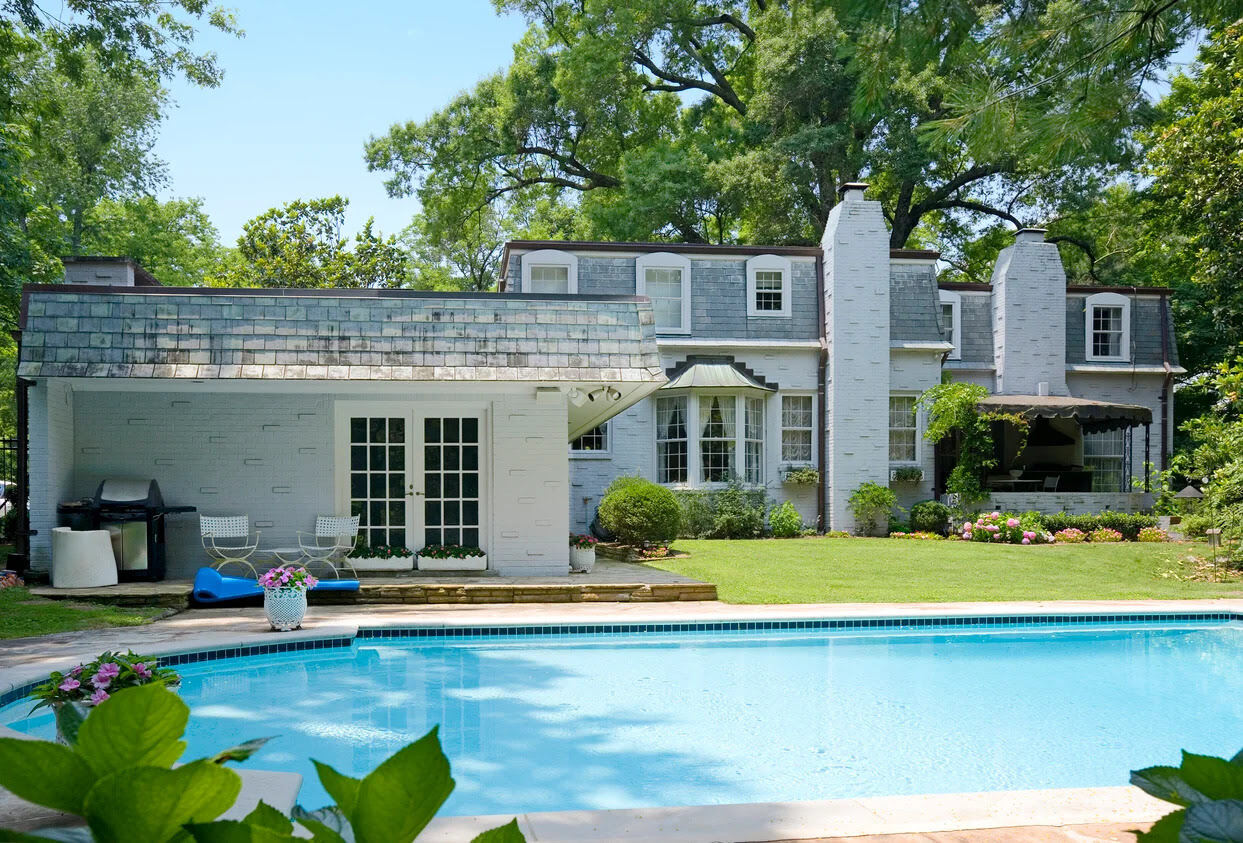

0 thoughts on “Which Home Improvement Is Least Likely To Increase The Value Of Your Home”